(This article was originally published in Chinese by Bloomberg Businessweek (Chinese Edition). The English version presented here has been translated accordingly for reference.)
“The rules of the workplace are being rewritten,” said Professor Luis Garicano. Artificial intelligence (AI) has replaced a large amount of repetitive work, but at the same time, it has also reduced opportunities for on-the-job training for newcomers. At the corporate level, the emergence of AI has made it imperative for companies to re-examine their return on investment and management models.
In an exclusive interview with Bloomberg Businessweek (Chinese Edition), Professor Luis Garicano—Advisory Board Member of the University of Hong Kong’s Centre for AI, Management and Organization (CAMO) and Professor of Public Policy at the London School of Economics—forecasts the profound economic changes AI will bring.
How will AI reshape the career development of junior employees, and how should young people respond?
Gary Becker once argued that companies hesitate to invest in basic training for employees because competitors might poach them. This is why law firms, investment banks, and consultancies have traditionally created junior positions to handle tedious tasks like document review — essentially “paying” for their professional training.
Now, AI can complete those tasks in seconds, rewriting industry rules. Entry-level jobs are disappearing, and the “first rung” of the career ladder is vanishing.
In response, my colleagues at HKU and I introduced the concept of the “supervisory threshold”: the ability to oversee, check, verify, and improve AI-generated content in a specific domain, thereby creating value.
To reach this threshold, two skills are critical — substantial domain knowledge and practical experience with AI tools. As AI advances, the threshold will rise, and those unable to cross it risk being replaced.
Therefore, universities should “step back” to place greater emphasis on foundational courses, even returning to traditional paper-based exams and one-on-one discussions to ensure that students truly grasp the underlying theories and models. This approach strengthens judgment.
On the other hand, senior-year courses should make AI a compulsory tool. I tell my students they must use AI to produce results that are ten times better, not merely faster, than before.
Will AI widen the gap between high- and low-skill workers?
From macro data, entry-level programming jobs are indeed shrinking, while top AI engineers’ salaries keep hitting record highs. However, recent research in the customer service sector shows a different picture: AI helped junior customer service reps improve their communication skills more quickly, narrowing the gap with senior staff. The key is in how we use AI — collaborative AI can act like a copilot, enabling juniors to grow faster.
Many companies are actively investing in AI, some executives have complained that the return on investment has not met expectations. Where does the problem lie?
It’s because much of the benefit is being captured by employees. I know central bank staff who aren’t allowed to use AI directly due to confidentiality rules, but still run ChatGPT on their personal computers to do clerical work faster. Businesses must reorganize workflows and incentives to unlock AI’s value — for example, by building cross-department data collaboration mechanisms and introducing more performance-based pay.
It has only been two years since ChatGPT first appeared, and both the technology and its applications are still in an exploratory stage. Rather than chasing short-term returns, companies should shift investment toward data and talent. Everything else can be commoditized, but data and expertise will always drive sustainable returns in an AI-driven economy.
If the future of work is AI-led, it means the working model will shift toward a single expert guiding many AI agents and models to complete tasks. In that scenario, the real returns will come from investing in data and human capital.
In the future, in what ways do you think AI will impact a country’s GDP? Will it boost production efficiency, or will it primarily lead to the creation of entirely new industries?
Historically, groundbreaking innovations haven’t always boosted GDP directly — take electric lighting, which made illumination nearly free, but eliminated the candle industry. The real impact comes through consumer surplus.
There’s an economic principle called the “Baumol Effect”: two musicians playing the same piece centuries apart have the same productivity, yet costs rise with time. AI could play a similar role — sectors capable of automation will eventually saturate and yield diminishing returns, while non-automated areas will grow in relative GDP share.
AI-driven automation will replace many repetitive tasks, while also creating new roles in emerging fields. Yet the risk lies in the rapid change. My concern is that change might happen too fast. If automation delivers massive productivity gains and significant consumer surplus faster than society can generate new employment opportunities, we may face profound social disruption.

